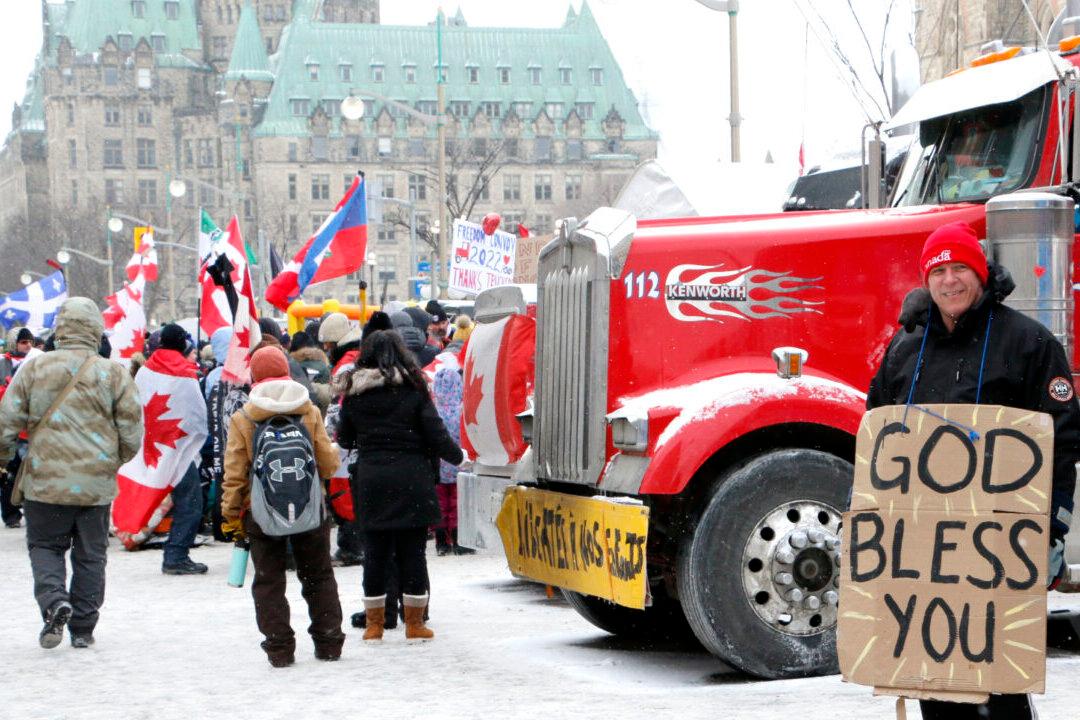A lawyer who was on the ground in Ottawa during the Freedom Convoy to represent the main organizers and who was involved in negotiations with authorities says that truckers never intended to stay that long but did so due to popular support.
“This is a very important point, and I don’t know that it’s come out yet, is a lot of people who were there, the truckers, never planned to stay that long,” attorney Keith Wilson told the Public Order Emergency Commission on Wednesday.





